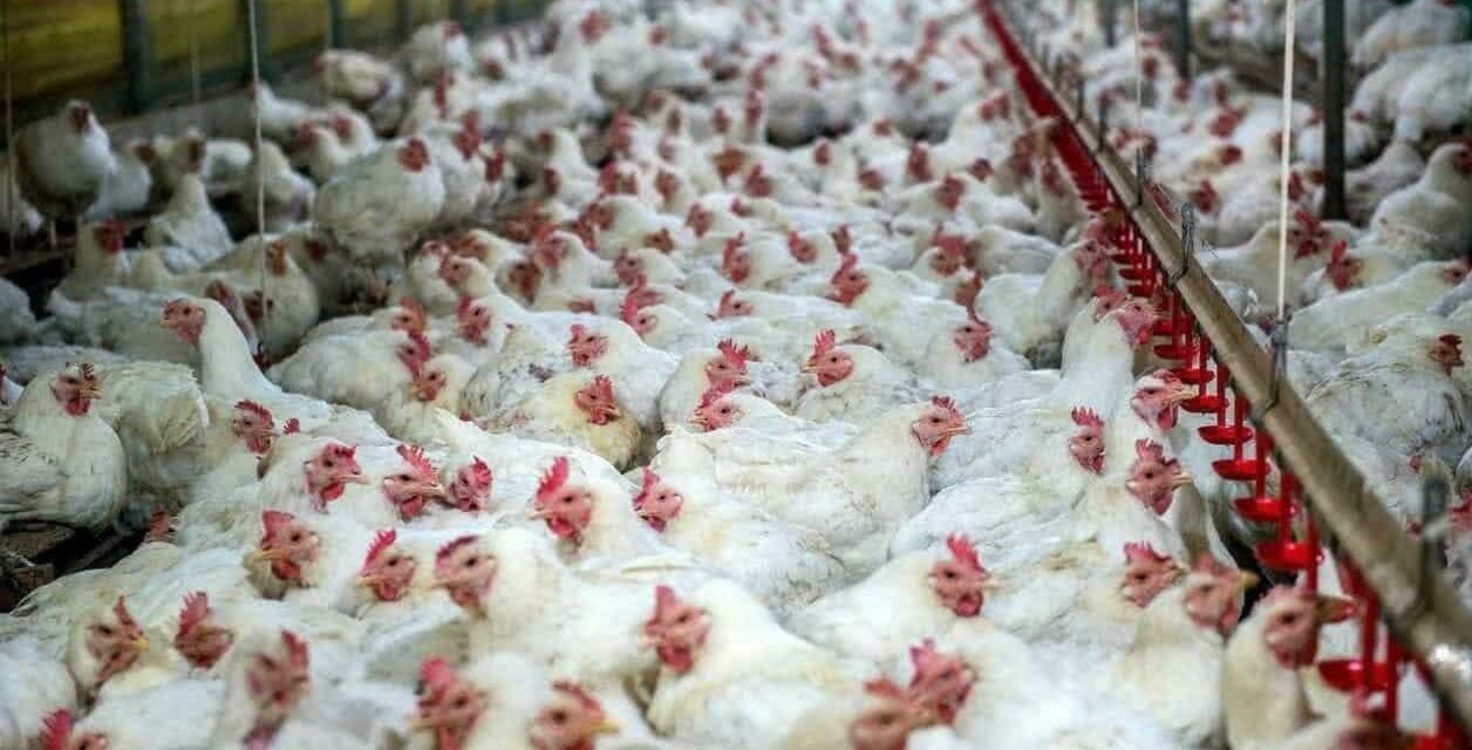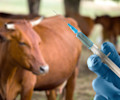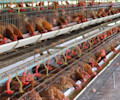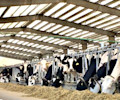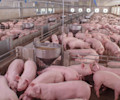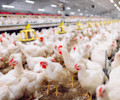Today, modern methods of intensive farming have helped the meat, fish and dairy sector become a profitable part of the global food supply chain. But as these companies expand, and investors, consumers and other stakeholders gain more knowledge about the food system, there is a growing need for a deeper dialogue around issues such as climate risk and antibiotic overuse, as well healthier consumption choices and innovation in the plant-based protein sector.
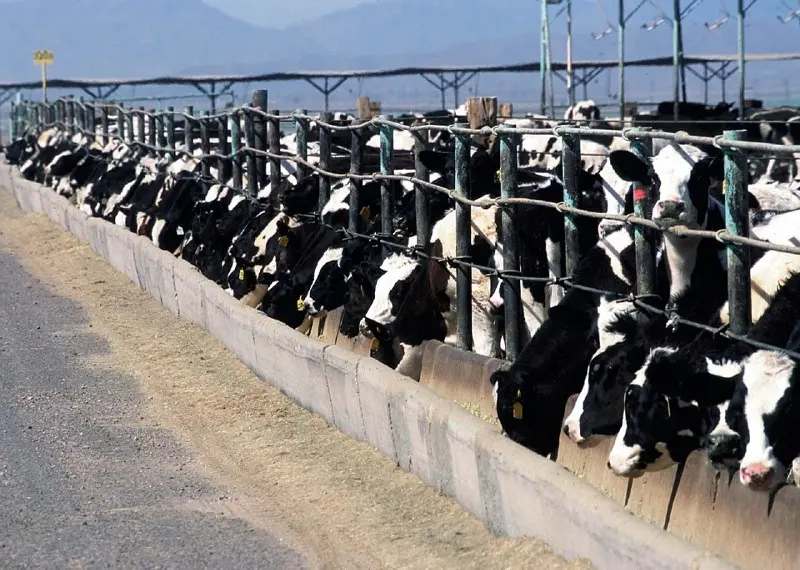
That is why many of the investors in the FAIRR network, who collectively manage $5.9trn in assets, have supported the creation of the new Coller FAIRR Protein Producer Index. The new index, launched this week, assesses 60 of the largest livestock and fisheries companies. These companies are valuable in themselves, with a combined market cap of close to $300bn, but also have wider influence as they supply the animal protein for the countless nuggets, burgers and dairy products consumed every day.
Looking through the lens of environmental, social and governance (ESG) issues. the Coller FAIRR Index is the first of its kind to capture the enormous investment risks and opportunities that are building in this area.
From antibiotics stewardship to water management, greenhouse gas inventories to investment in “plant-based meats”, there are some stand-out best-in-class practices emerging in each of the nine sustainability risk factors analysed by the index.
However, it is also clear that, too often, this leadership is not being followed by the majority of the sector. Overall, 60% of the animal protein producers in the index 36 large companies worth $152bn are categorised as “high risk” for investors.
On the issue of antibiotics alone, three in four companies display inadequate polices or have no measures in place to reduce their excessive use of antibiotics, despite emerging regulation and public and investor pressure for them to do so.
Major suppliers to McDonalds and KFC, including Chinese firm Fujian Sunner and Indian firm Venky’s, are among those graded “high risk”, both in overall management of sustainability and in antibiotics stewardship in particular. Furthermore, 72% of index companies performed poorly on management and disclosure of greenhouse gas emissions, putting the implementation of the Paris Agreement in jeopardy.
What is clear is that investors need ESG data and transparency to make better investment decisions, yet this information is lacking in the meat, fish and dairy sector. This is the first index to help investors bridge that knowledge gap.
It is the first iteration of the Coller FAIRR Index, and it aims to be a useful starting point to further dialogues between investors and these important food suppliers to help both harness the upside of disruption and to manage the challenges ahead.
Visit the Coller FAIRR Protein Producer Index for more information.
FAIRR insights are written by FAIRR team members and occasionally co-authored with guest contributors. The authors write in their individual capacity and do not necessarily represent the FAIRR view.
